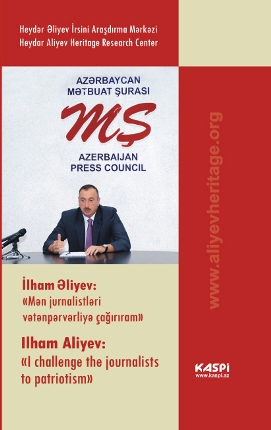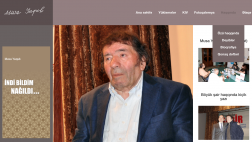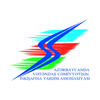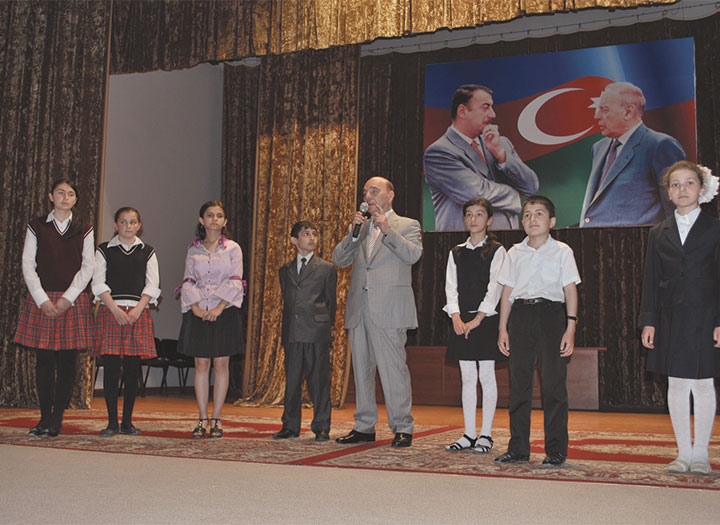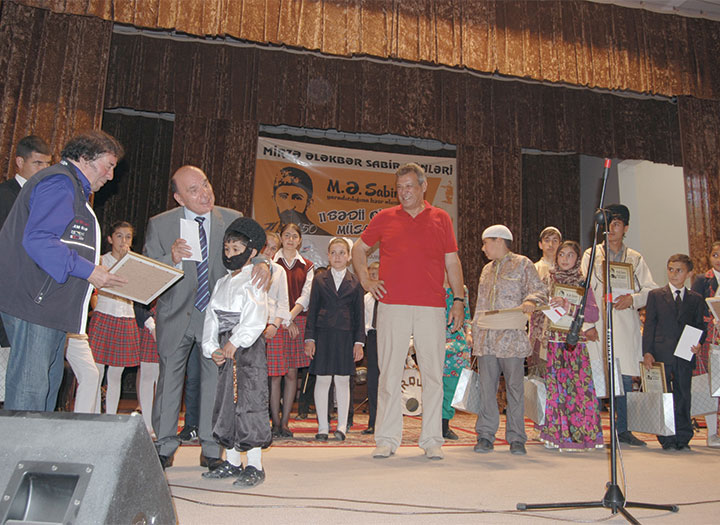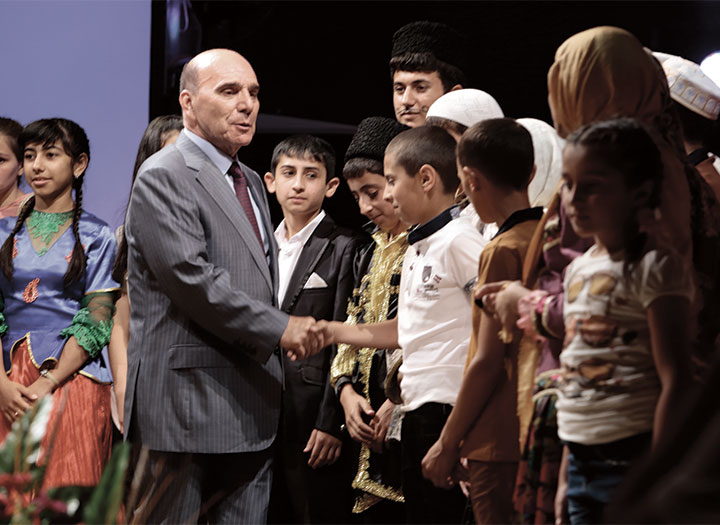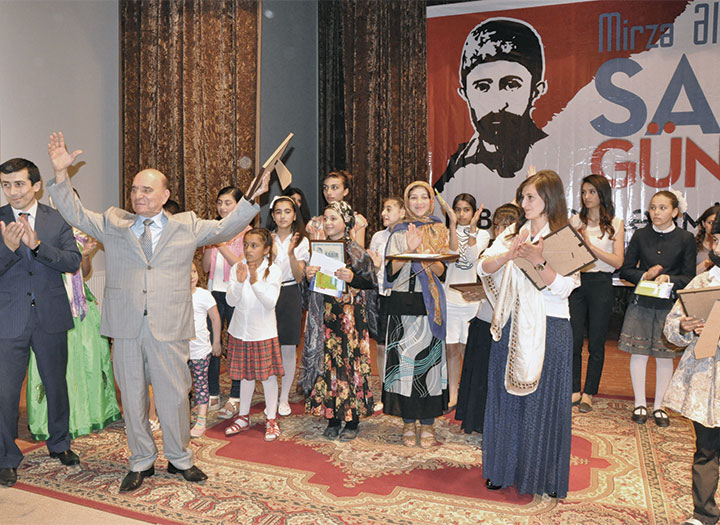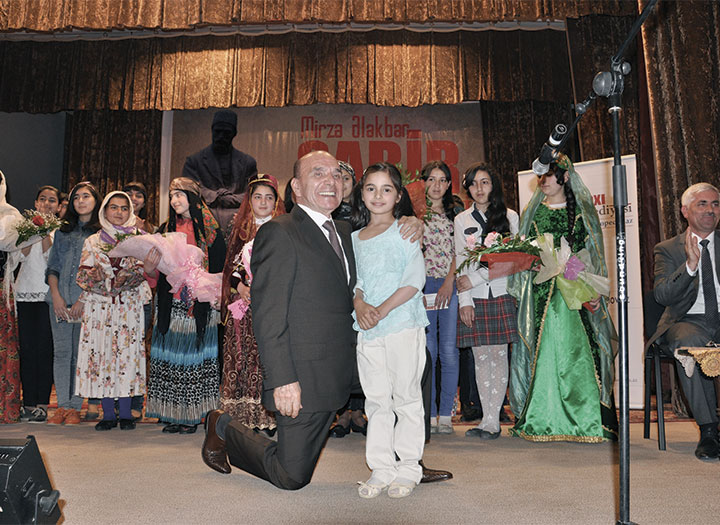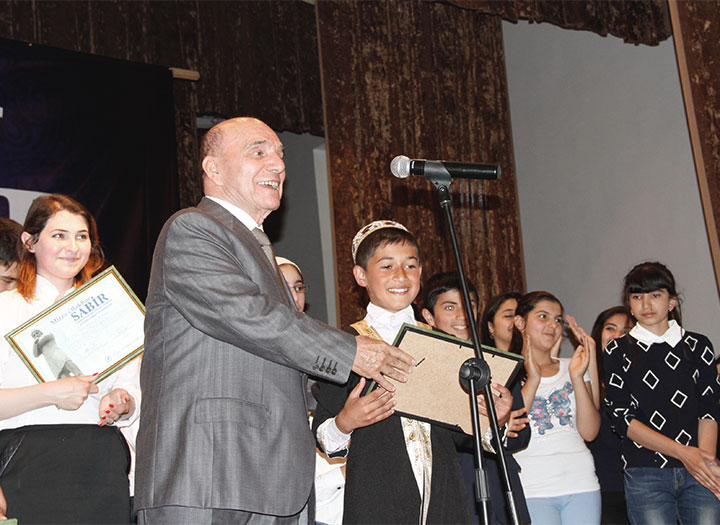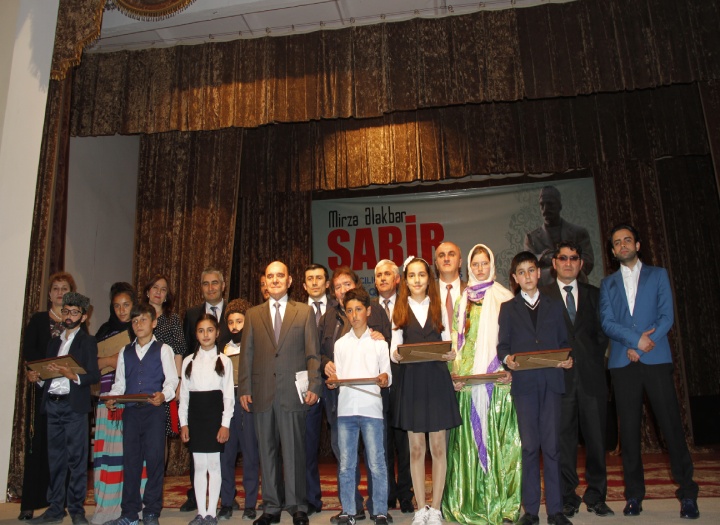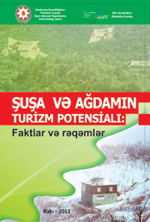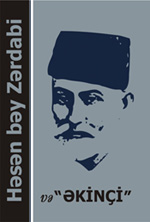Charter for a free press
A free press means a free people. To this end, the following principles, basic to an unfettered flow of news and information both within and across national borders, deserve the support of all those pledged to advance and protect democratic institutions.
1. Censorship, direct or indirect, is unacceptable; thus laws and practices restricting the right of the news media freely to gather and distribute information must be abolished, and government authorities, national or local, must not interfere with the content of print or broadcast news, or restrict access to any news source.
2. Independent news media, both print and broadcast, must be allowed to emerge and operate freely in all countries.
3. There must be no discrimination by governments in their treatment, economic or otherwise, of the news media within a country. In those countries where government media also exist, the independent media must have the same free access as the official media have to all material and facilities necessary to their publishing or broadcasting operations.
4. States must not restrict access to newsprint, printing facilities and distribution systems, operation of news agencies, and availability of broadcast frequencies and facilities.
5. Legal, technical and tariff practices by communications authorities which inhibit the distribution of news and restrict the flow of information are condemned.
6. Government media must enjoy editorial independence and be open to a diversity of viewpoints. This should be affirmed in both law and practice.
7. There should be unrestricted access by the print and broadcast media within a country to outside news and information services, and the public should enjoy similar freedom to receive foreign publications and foreign broadcasts without interference.
8. National frontiers must be open to foreign journalists. Quotas must not apply, and applications for visas, press credentials and other documentation requisite for their work should be approved promptly. Foreign journalists should be allowed to travel freely within a country and have access to both official and unofficial news sources, and be allowed to import and export freely all necessary professional materials and equipment.
9. Restrictions on the free entry to the field of journalism or over its practice, through licensing or other certification procedures, must be eliminated.
10. Journalists, like all citizens, must be secure in their persons and be given full protection of law. Journalists working in war zones are recognized as civilians enjoying all rights and immunities accorded to other civilians.
